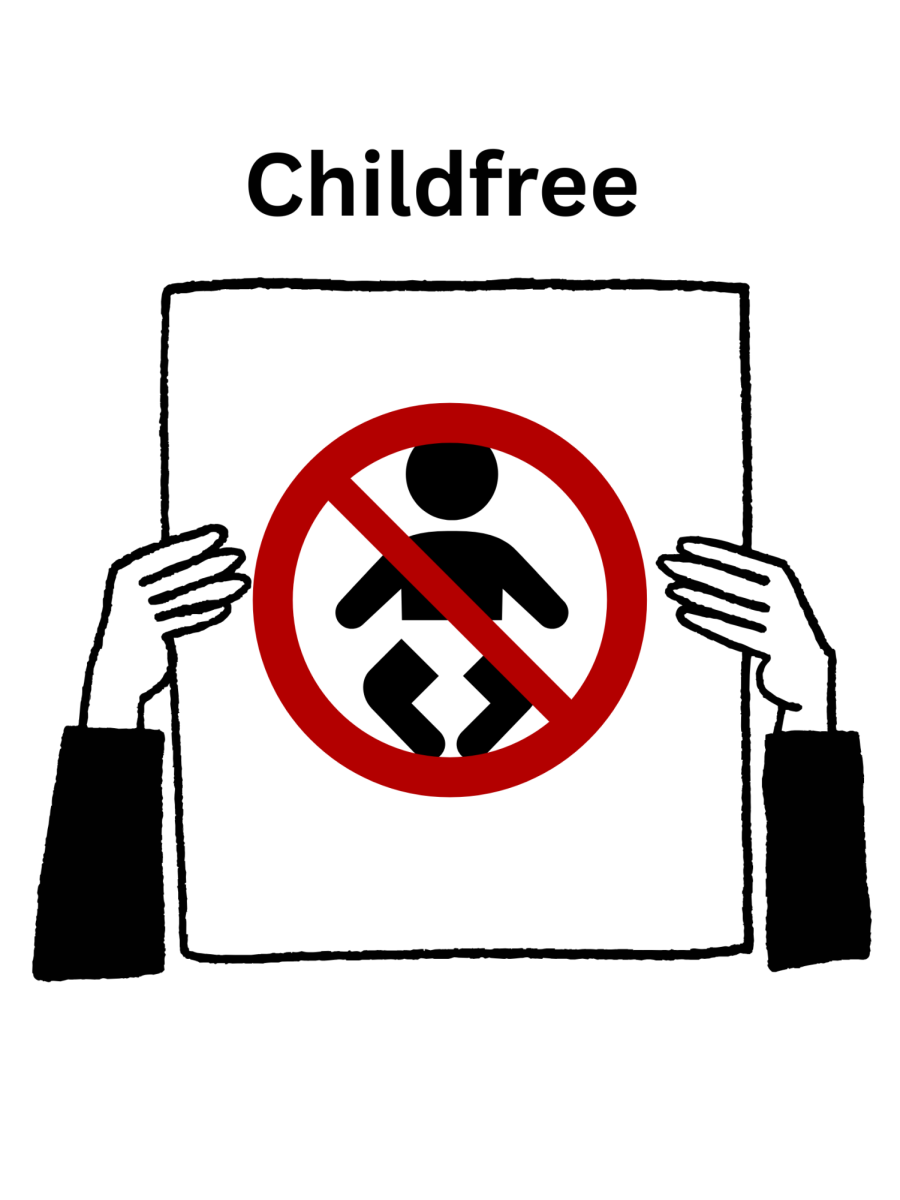By Alex Ripepi
Senior Staff Writer
With the “partial” government shutdown in effect, many government programs have been put on hold due to the lack of funding the resulting budget freeze has caused. While life in the public sector seems relatively unchanged, services like passport acquisition may be harder to process, and places like the national parks are entirely inaccessible.
Additionally, many national monuments, such as the Lincoln Memorial are not open for viewing. Because of this, many people are becoming upset at what they see as an unnecessary expenditure. The response to the closure of national parks has been relatively simple. The parks’ services aren’t currently being funded, so the barricades are being placed in order to keep anyone from breaking the law while the parks aren’t being patrolled.
More prescient though is the halt in operations of many government run operations like the Centers for Disease Control, which is also heavily affected by the shutdown. One statement, from the CDC, put it simply by saying they would close “a vast majority,” of its operations. This type of vague language is present throughout many of the agencies affected by the shutdown. The National Archives and Records Administration now holds a warning sign stating that “Information on the website might not be up to date,” that transactions “might not be processed until the shutdown ends,” and that the agency “might not be able to respond to inquiries until the shutdown ends.” All manner of websites hold this type of unsure speech that revolves around lack of certainty about their funding.
Although life as we know it may not be drastically altered by this shutdown, it has already affected many who are employed by the federal government. A month-long shutdown could cost the U.S. over one million jobs, and according to an article on nbc.com, the government shutdown is costing 12.5 million dollars an hour. Protests of the shutdown have begun around the country. The currently unemployed or furloughed are picketing, expectant vacationers are picketing the closure of national parks and monuments, and those unhappy with the state of our Congress are taking up signs and showing their distress.
The governmental shutdown in a word is simply this: unsure. While life goes on, the government has ceased many of its operations, and as time goes on, the amount of programs that go dark is going to intensify. We may not see it immediately, but a protracted shutdown can only cause more uncertainty among the public.
For those of us attending CSUB, don’t fret over this quarter, because if you’ve already received aid from a federal program, you’ve nothing to worry about. According to Mike Neal, the Vice President of Business and Administration Services the fact that we are attending a state agency keeps us out of direct conflict with the shutdown. One issues that Neal described as “minor for now” is the acquisition of IRS information that, because of the shutdown, is more difficult to obtain.
The biggest issues are federal grants that we (as individual students and a university as a whole) have been awarded or have applied for. Those that we have already been awarded offer the problem of spending that will not be reimbursed because the budget has been frozen. Additional grants that we have applied for are currently in limbo and will not be awarded; no decision can be made. Neal referenced the “backlog” that all of these freezes have started, and that once a Congressional decision is reached, it becomes a problem of catching up.
The Federal year is still young though, having started this month. Aside from the actual spending freeze for “non-essential” programs, the biggest problem we face is the lack of certainty about what the shutdown means to each individual person.








